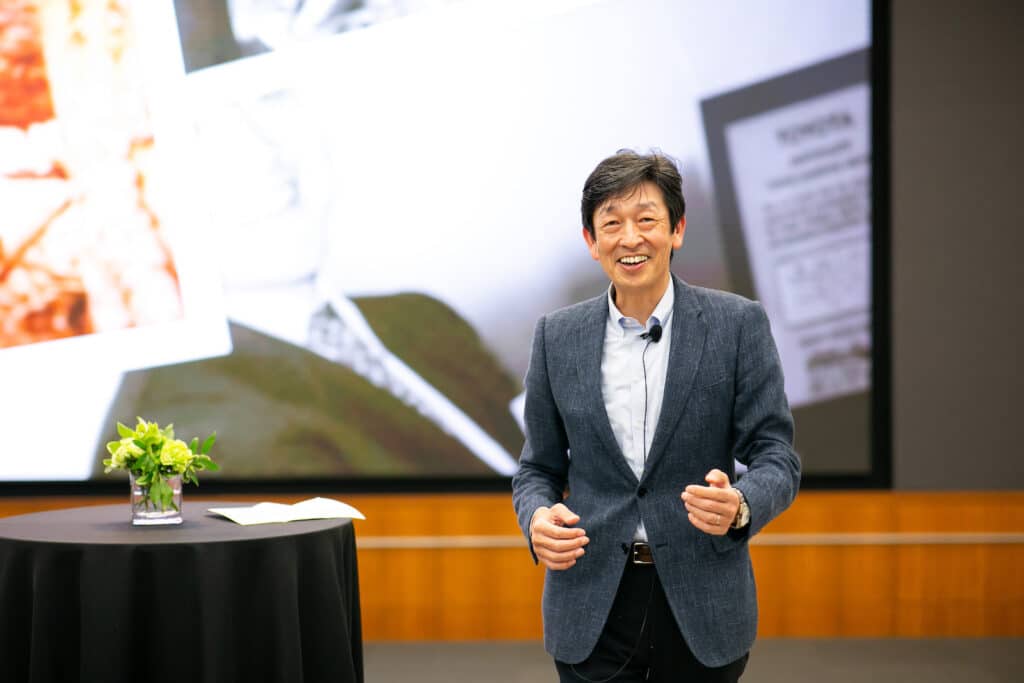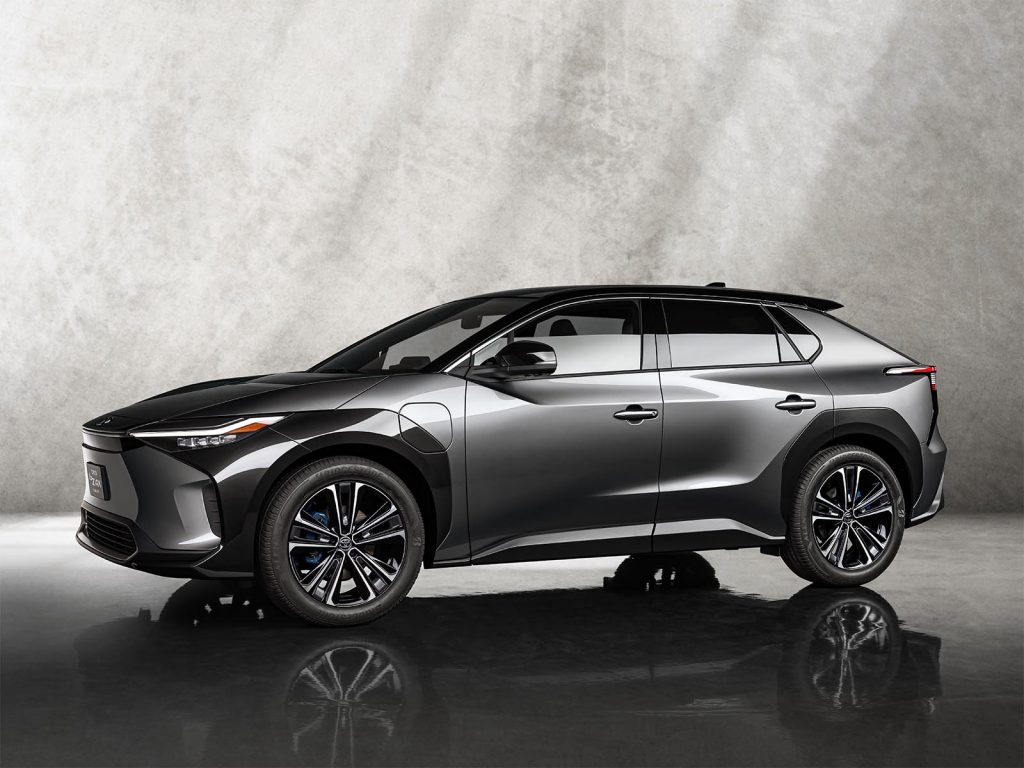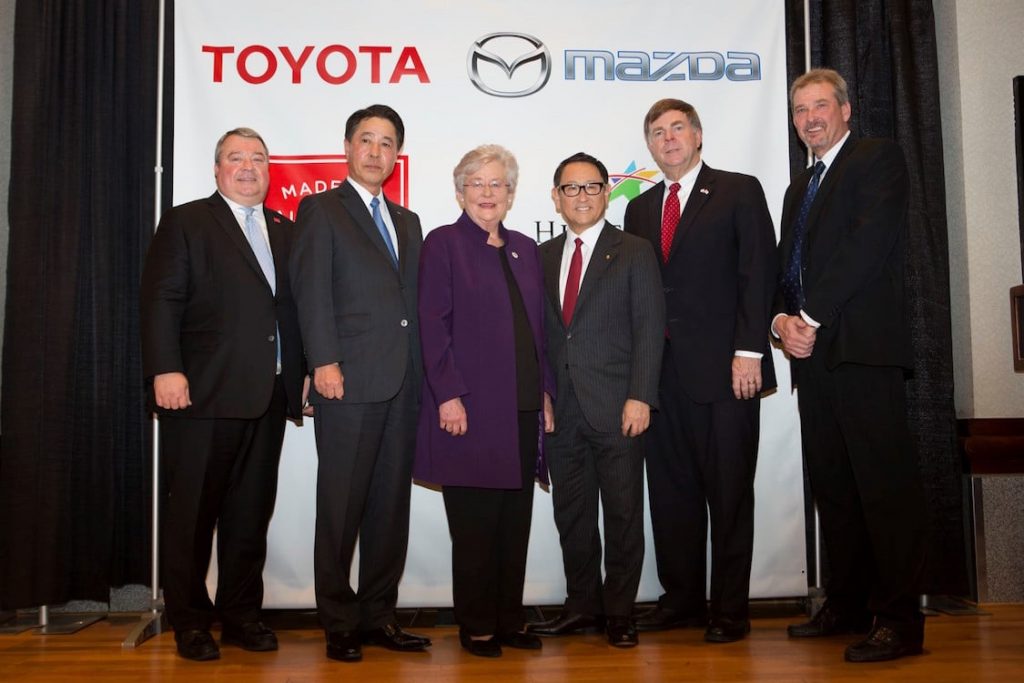Toyota will invest approximately $3.4 billion to develop and produce batteries in the U.S., the automaker announced today, as part of a $13.5 billion global battery program.

The first U.S. plant will open in 2025, Toyota said, and creating an estimated 1,750 new jobs. The announcement comes at a time when key rivals such as General Motors, Ford and Mercedes-Benz have announced their own plans to set up lithium-ion battery production in the U.S.
“Toyota’s commitment to electrification is about achieving long-term sustainability for the environment, American jobs and consumers,” said Ted Ogawa, CEO of Toyota Motor North America. “This investment will help usher in more affordable electrified vehicles for U.S. consumers, significantly reduce carbon emissions, and importantly, create even more American jobs tied to the future of mobility.”
Details TBA
As part of the new project, Toyota said it will set up a new company, the name yet to be revealed. Of the total price tag, $1.29 billion will go toward building a new plant. The carmaker revealed few specifics about the project, noting in a statement, “details on a site, production capacity, business structure, etc. will be shared at a future time.”
The Japanese giant did note the project will focus on lithium-ion technology, rather than the nickel-metal-hybrid batteries currently used in almost all of Toyota’s electrified models. Today, the automaker produces 55 conventional and plug-in hybrids, such as the Prius and Prius Prime, and the Mirai hydrogen fuel-cell vehicle.

It plans to expand that list to 70 models by 2025. Of those, 15 will be pure battery-electric vehicles, including the bZ4X, the first long-range BEV targeting the U.S. market. The battery-powered SUV will come to market sometime next year and will be assembled at a new plant in Alabama Toyota is setting up in partnership with Mazda.
Toyoda remains a BEV skeptic
Toyota was an early pioneer of battery-assisted propulsion technology with its original Prius model. But it has been cautious about BEVs. CEO Akio Toyoda has warned on several occasions that a shift to 100% battery technology would be financially ruinous due to the higher cost of all-electric powertrain technology.
So, unlike some key rivals, Toyota continues to see hybrids dominating the electrified vehicle market until well into the future. By 2030, it expects to sell about 2 million BEVs and fuel-cell vehicles annually. At the automaker’s current volume, more than 10 million vehicles annually, that would account for less than a quarter of its total volume.

By comparison, Ford expects to have 40% of its U.S. mix made up of BEVs by the end of this decade, with Europe at 100 percent. The second-largest of the Detroit automakers last month announced plans to open three new battery plants in in Tennessee and Kentucky. They will have the capacity to provide cells for about 1 million all-electric vehicles.
Set to move with the market
While Toyota remains skeptical of BEV technology, several senior officials have told TheDetroitBureau.com the company is prepared to rapidly shift focus, as needed, to reflect market demand.
While the U.S. lags both Europe and China in terms of BEV sales, demand doubled during the first half of this year, and President Joe Biden wants to see battery-electric and plug-in hybrid vehicles reach 40% of total sales by 2030.
To spur growth, Congress is working on plans to extend and expand current incentives for PHEVs, BEVs and FCVs. One proposal under study by the House would add another $2,500 to the current $7,500 tax credit for vehicles made in the U.S. Another provision would add $2,500 for vehicles built with union labor. The Stabenow/Kildee proposal is widely expected to be modified if it is passed by both the House and Senate. But many observers believe a final bill would boost the incentives for vehicles produced in North America, if not specifically in the U.S.








When is it all going to hit the fan?